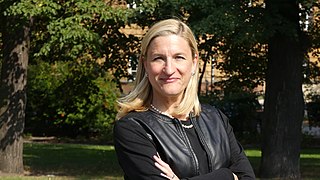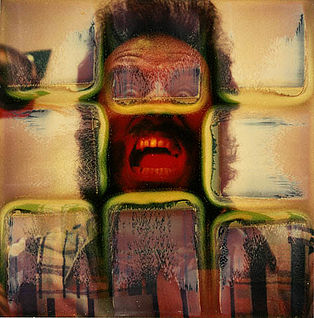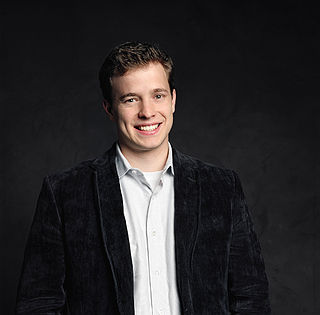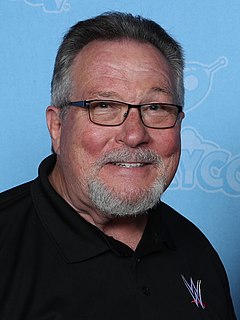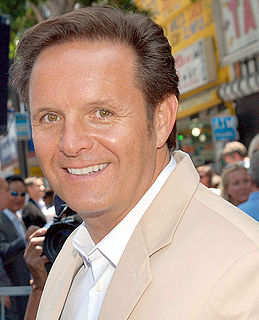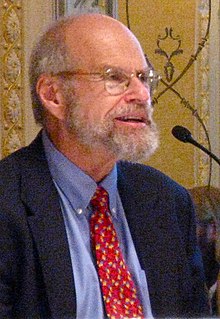A Quote by Ruta Sepetys
What was life asking of me? How could I respond when I didn't know the question?
Related Quotes
I'm looking back at what I did and how it works. In a sense I'm waiting to see how people will respond. I'm waiting to see how you respond, without asking me to tell you what I think about it, because it is your job to give me an idea of how you go about thinking about this work. And if it's too absurd then, you know, I'll kick you out!
But the people at home if we're doing a town meeting or a town format. You have to answer the question that is asked. And what people at home are gauging how does this candidate respond to the questioner? Do they show respect to the questioner? Do they try to understand why the questioner is asking that? Do they respond to the question? Is there a human connection between the two? It's where Barack Obama beat Mitt Romney in 2012. He lost the voters on who was a stronger leader, who had a vision for the future, but on who cares about people like me, he trounced Mitt Romney.
What is there to understand? The significance of life? How long will it take to understand the significance and the meaning of life? 20 years? 30 years? And the same question will be here in another 20 years, I guarantee you. Until you stop asking that question. When that question is not there, you are there. So that's the reason why you keep asking the question: you do not want the question to come to an end. When that comes to an end, there will not be anybody, left there, to find out the meaning, the purpose and the significance of life.
Is there an answer to the question of why bad things happen to good people?...The response would be…to forgive the world for not being perfect, to forgive God for not making a better world, to reach out to the people around us, and to go on living despite it all…no longer asking why something happened, but asking how we will respond, what we intend to do now that it has happened.
I was the type of person who was the question-asker. And not just genuine questions, I would ask a question so the author would know how much I knew about them. Once I went to a Tobias Wolff reading. I knew he was teaching at Syracuse at that time. And so, I remember asking him how he liked Syracuse. People do that to me now and it's okay. There is rarely a time when I just have had enough.
